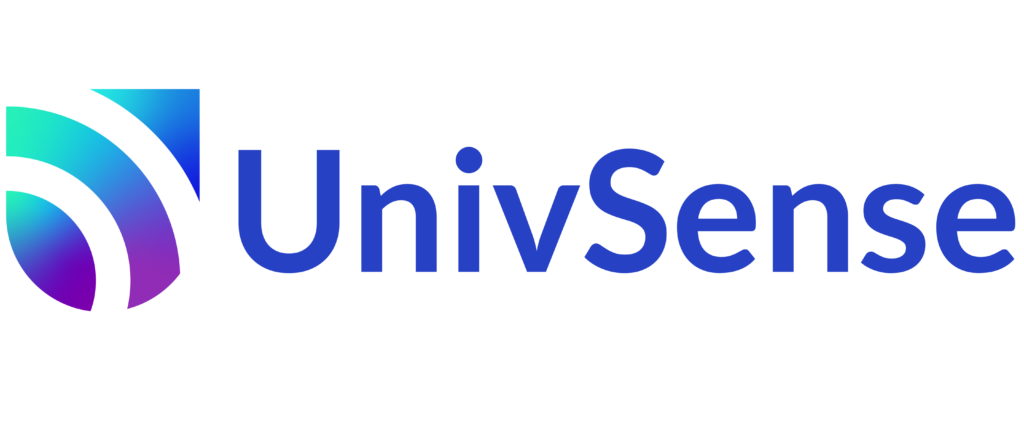Whoa! Have you noticed how chaotic managing crypto can get? I mean, juggling multiple wallets, switching between chains, and constantly worrying about security—it’s a mess. When I first dipped my toes into DeFi, it was exciting but also kinda overwhelming. Seriously, there were moments where I thought, “Am I missing somethin’ here?”
At first glance, a multi-chain wallet like OKX Wallet might seem just another app in the crowded crypto space. But actually, it’s shaping up to be one of those rare tools that feel like they were designed by people who get the daily hustle of Web3 users. I’m biased, but the way it integrates multiple blockchains smoothly is pretty slick.
Here’s the thing. Managing assets across Ethereum, BNB Chain, Polygon, and others usually means hopping between apps or extensions. That’s not just inconvenient; it’s risky. With OKX Wallet, you get this seamless experience that reduces friction and, frankly, lowers the chance of user error. That’s huge, especially if you’re diving into DeFi activities regularly.
Hmm… something felt off about most wallets I’d tried before. They either focused on one chain or had clunky interfaces that slowed me down. OKX Wallet struck a different chord: it’s fast, intuitive, and supports multi-chain operations without feeling like a Frankenstein’s monster of features. Plus, the security measures are solid, which is always very very important in this space.
Initially, I thought multi-chain wallets were mostly for pros or institutional players. But then I realized, with the Web3 ecosystem growing so fast, everyday users need this kind of tool more than ever. It’s not just about holding tokens anymore; it’s about interacting with DeFi protocols, NFTs, and DAOs across chains effortlessly.

What Makes OKX Wallet Stand Out in the DeFi Jungle?
Okay, so check this out—OKX Wallet isn’t just multi-chain for show. Its design encourages exploration and active participation in DeFi. You’re not stuck with one ecosystem; you can tap into various protocols without jumping through hoops. That’s a game-changer for users who want to diversify or chase yield opportunities wherever they crop up.
One feature that really caught my eye is how the wallet handles token swaps. Instead of forcing you to go through external DEXs or bridges, it offers native swap options that are fast and cost-effective. My instinct said this could save a lot of gas fees over time, especially on congested networks like Ethereum.
On one hand, I appreciate the wallet’s slick UI; on the other, I wish there were more advanced analytics built-in to track portfolio performance across chains. Though actually, maybe that’s a trade-off to keep the app lightweight and accessible to newcomers. Balance is tricky.
And by the way, security isn’t just a buzzword here. OKX Wallet uses hardware wallet support and encryption standards that meet high industry benchmarks. I’m not 100% sure how it stacks up against cold storage solutions, but for everyday DeFi users, it’s definitely a step up from less secure extensions.
Honestly, I found the onboarding process pretty smooth. Downloading the extension (you can get it easily via okx wallet download) and setting up accounts across chains took less time than I expected. That immediacy is key when you want to jump into DeFi fast without fumbling with complex setups.
Why Multi-Chain Matters More Than Ever
Here’s what bugs me about older wallets—they lock you into a single chain’s universe. But DeFi is evolving into this sprawling landscape where opportunities pop up on multiple platforms daily. Ignoring that means missing out.
With OKX Wallet, you get true multi-chain access. This means you can stake tokens on one chain, lend on another, and maybe snag an NFT drop on a third without switching devices or apps. It’s like having a master key to a digital financial city that’s constantly expanding.
There’s also the matter of bridging assets. While bridges themselves have had their share of security issues, OKX Wallet’s integration with trusted bridges reduces the hassle and risk. Still, bridging always carries some risk, so you gotta stay vigilant.
Another point is community. DeFi isn’t just tech; it’s social. Wallets that facilitate easy interaction with DAO governance or NFT communities across chains are stepping into the future. OKX Wallet seems to be moving in that direction, though I’m curious how their roadmap will evolve here.
Sometimes I wonder if the rapid multi-chain push might confuse beginners. But maybe that’s just the price of progress. As ecosystems mature, tools like OKX Wallet will probably become the norm rather than the exception.
Final Thoughts: Is OKX Wallet Your Next DeFi Hub?
So, after noodling over this for a while, I’m leaning toward recommending OKX Wallet for anyone serious about multi-chain DeFi. It’s not perfect—no wallet is—but it nails the core challenges of usability, security, and flexibility better than many peers. If you’re curious, the easiest way to get started is through the okx wallet download page. Trust me, it’s worth a look.
That said, keep in mind that the crypto world moves fast. What’s top-tier today might feel outdated in months. Still, having a reliable, multi-chain capable wallet in your toolkit is like having a Swiss Army knife for Web3 adventures. It opens doors.
Anyway, I’ll keep an eye on how OKX Wallet evolves—maybe they’ll surprise us with new features that push the envelope even further. Until then, if you’re dabbling in DeFi or just want a safer way to explore multiple chains, this wallet is definitely on my shortlist.
